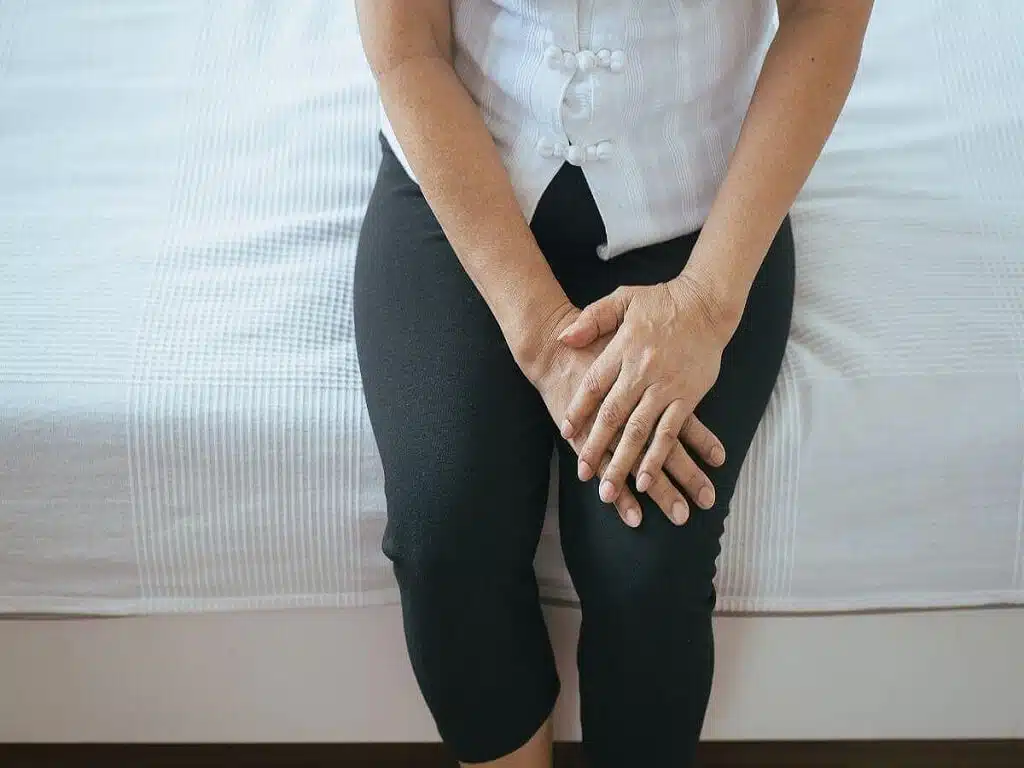Lots of women experience issues including leg cramps, achy legs, swollen ankles, and hot and cold feet, and wonder if they’re symptoms of menopause. In some cases, they are a result of menopause, and they typically occur as a result of three main reasons, as we explain below.
Magnesium deficiency
Lower estrogen levels can influence your body’s ability to absorb magnesium, negatively affecting other aspects of your well-being related to menopause. You may also become magnesium deficient due to an unbalanced diet, and stress can burn your magnesium levels like there’s no tomorrow! As such, magnesium deficiency occurs regularly during menopause. If you’re magnesium deficient, you may notice leg cramps, particularly during the night. You might also experience restless legs, which make it difficult for you to settle down and get to sleep at night, which can also lead to pins and needles.
What might help?
One of the best solutions is a magnesium supplement, which can be taken in powdered form or as a tablet. You could also try bathing in warm water with magnesium salts before bed, as this can really help to comfort your legs. Also, make sure your diet is rich in sources of magnesium – fish, dairy, nuts, and meat are all good places to start.
Fluid imbalance
Fluid imbalance is another menopause-related condition that can affect your legs. It’s clear that falling estrogen levels can affect the balance of water in your body, which means dehydration is more likely during menopause. The obvious solution is to drink more water. If you struggle with taking fluids on board, a good place to start is to commit to drinking at least one liter of water every day for a period of six weeks. Try and replace some of your tea and coffee breaks with water, and you will improve your general health as a result. If you suffer from fluid balance, you will see swollen ankles and legs in general, while you might also notice a difference in your thighs.
What might help?
In addition to increasing your water intake, consider adding some herbal teas to your diet – there are lots of delicious flavours to try.
Circulation
Another potential issue of menopause can be a deterioration in your circulation. This is particularly the case if you live a sedentary lifestyle, which can impact the circulation in your legs. Circulation and lymph can also be affected by fatigue, so if you’re super tired, you are less likely to exercise, which in turn affects the way that your body metabolises waste. If you experience blood and lymph flow issues during menopause, you might see swollen legs and ankles as a result. Your legs might also feel tired and hotter.
What might help?
Again, water is key here. But you could also try a product like Legology’s Air Lite, which is packed with powerful ingredients to help detoxify and depuff legs.
So, the key takeaway is that menopause can affect your legs in different ways. By following the tips listed above and choosing the right products for your legs, you can limit the impact that menopause has on your day-to-day.










































